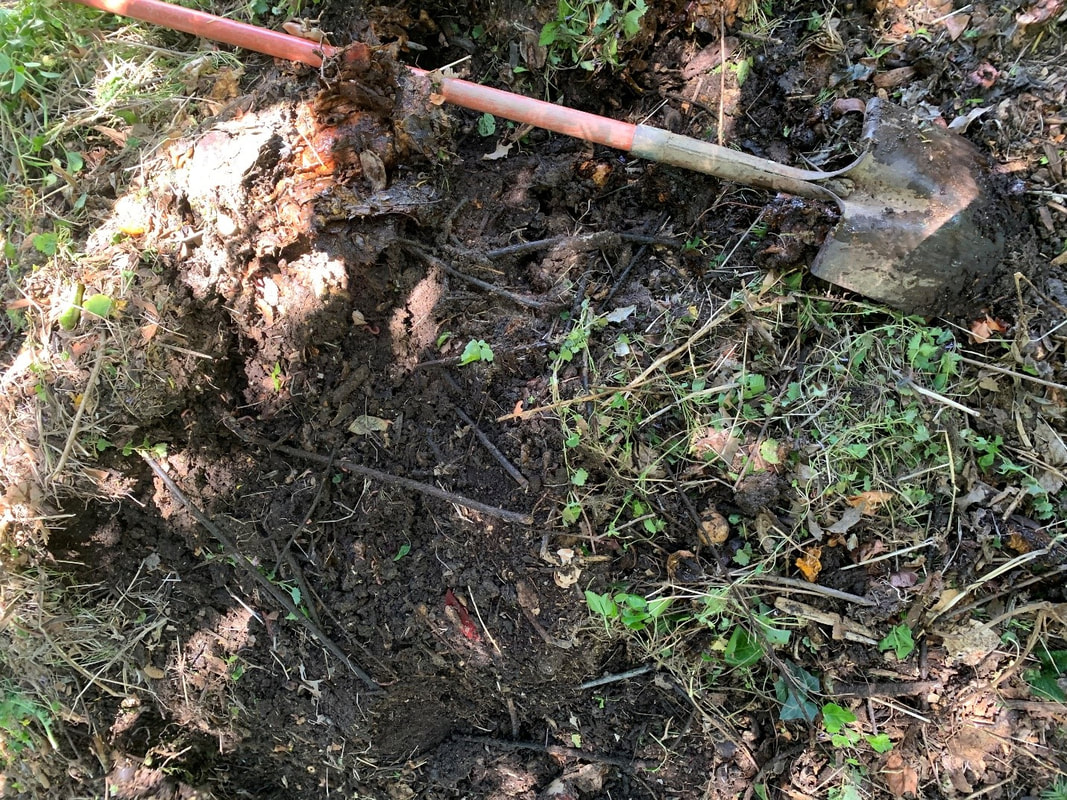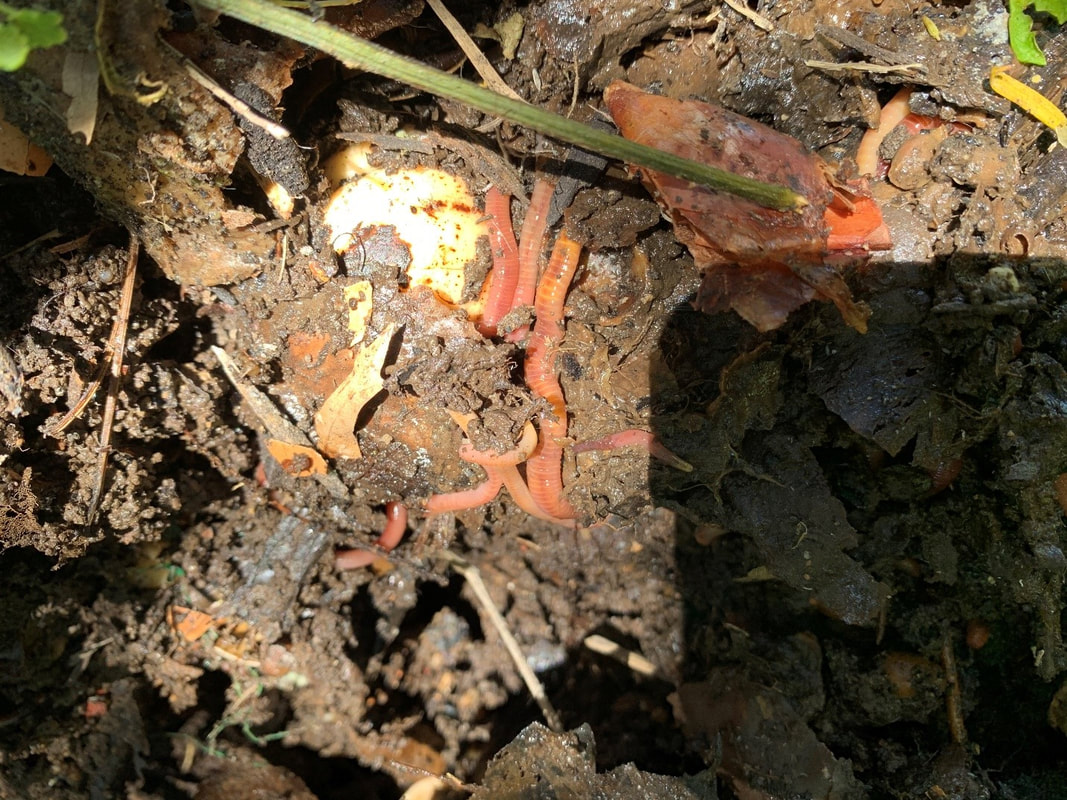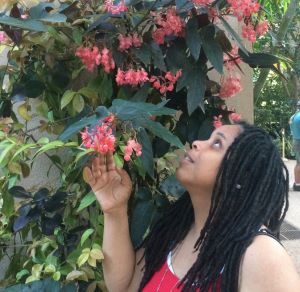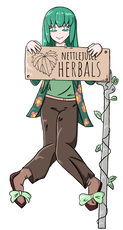|
7/2/2020 5 Comments Lessons Learned from CompostGuest post by Tiffany Robbins
5 Comments
Linda Soffer
7/3/2020 10:05:00 am
I love this post! The compost bin is indeed a world of wonders for me as well. Taking a deep breath of compost not only smells amazing, it also helps to populate your microbiome! Zach Bush has a great video out there taking about how the health of the soil is directly related to the health of our plant and we humans that call it our home. In my past work as a psychotherapist, I often used the compost pile as a metaphor for the human psyche and the way "buried" emotions and experiences can be transformed and emerge in completely different, sometimes unrecognizable forms (ie, an unresolved childhood trauma that is now manifesting in conflict with a partner) . Of course, there are elements that resist this change, like those produce stickers. I often wonder why, if they insist on putting one on every piece of fruit, can they not make them biodegradable? Thank you for this wonderful post!
Reply
Tiffany Robbins
7/4/2020 12:14:11 pm
Linda! Glad to know there are kindred compost aficionados out there. I am definitely going to watch the Zach Bush video that you recommended, thank you! My friend, Maya Shetreat- Klein, wrote an awesome book entitled "The Dirt Cure". Check it out, if you can. I love that you use compost analogies in your psychotherapy work! We have to use every tool in our toolbox that we can, to heal this collective trauma we are experiencing right now. Thank you for your kind words and sentiments!
Reply
Colin McGee
7/3/2020 05:26:23 pm
Thank you for this - I received it via April Coburn's Nettlejuice newsletter, just so you know.
Reply
April Coburn
7/4/2020 08:59:58 am
I'm sure Tiffany will want to weigh in here, but all toxic plants are safe to compost. The microbes and fungi break down the toxins quite efficiently.
Reply
Tiffany Robbins
7/4/2020 01:05:38 pm
Hi Colin! I must say, you scared me when I read your question. I honestly had not given any thought about the compost bin being under the Yew tree. I do know most parts of the Yew to have toxicity. The berries are not poisonous, as long as the seeds are not eaten. I immediately called my husband to confirm that he burns the fallen branches. We have a pile of brush, that he burns every so often. I'm sure that some needles may fall into the compost. I believe our tree to be a male, no berries. With that being said, it takes 50g. of Yew needles being ingested to be lethal. The poison is in the dose. I believe that with all the other composted materials significantly dilutes any toxicity. There's two ways to find out: 1. have the soil tested; 2. ....(not a pleasant thought, I will do number one). Thank you so much for your question, way to keep me on my toes! Happy Composting!!!
Reply
Leave a Reply. |
AuthorApril Coburn, herbalist and founder of Nettlejuice. Archives
July 2023
Categories |
Search by typing & pressing enter




 RSS Feed
RSS Feed
